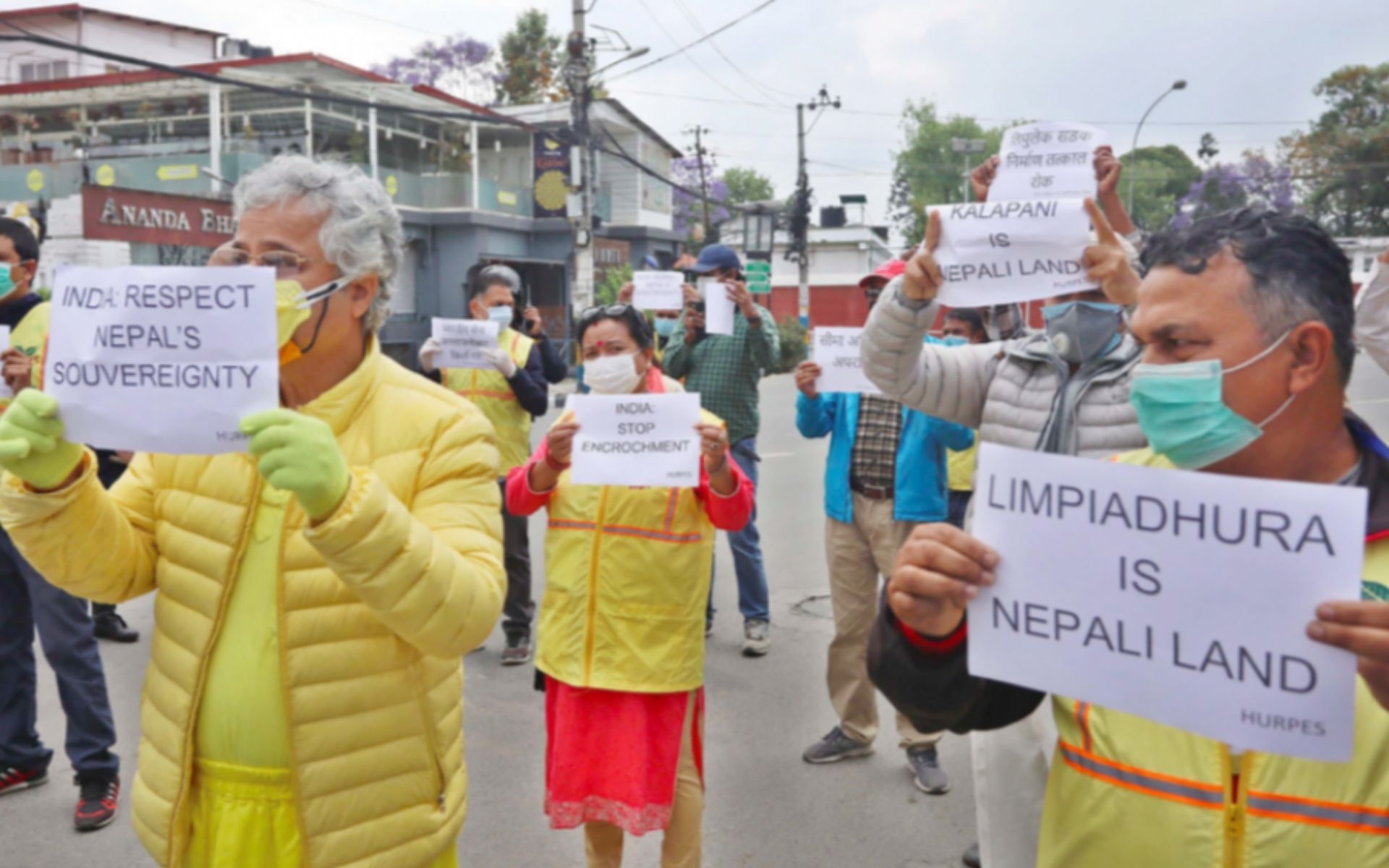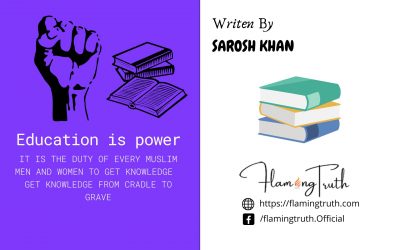If we look back into the history, during Indo-Pak partition, article 2(4) of Independence of India Act provided the princely states two options i.e either to join Pakistan or India.While the accession of the state of Jammu and Kashmir appeared to be a chronic conundrum.At that time Raja Hari Singh decided to remain independent,but the tactics of Indians created the situation which left no option before him except surrendering before the demand of accession with India.As far as the internationalization of the issue is concerned,India took this issue to the International forum on first of January,1948.
Revocation of special status of Kashmir:
On August 5,2019 Government of India revoked the Article 370 and 35A of the constitution of India.This sinister move was done under Hindutva follower,a tyrant and an Islamophobe,Narendra Damodardas Modi.Through this revocation,the special status of Kashmir,which Kashmiri people were enjoying since 1954 was ended up and Indian government effectively annexed the occupied territory of Kashmir violating International laws and United Nations Resolutions.This wicked move by Indian government disturbed not only Pakistan but also the whole world,as it was a United Nations recognized bilateral dispute. India,without considering the fact that the escalation between the two atomic powers can be a threat not only to the peace of South Asia but also to that of whole world, revoked the above mentioned two articles and illegally annexed the occupied territory.
On 6th of August,2019,Indian Home Minister presented the bill namely Jammu and Kashmir reorganization bill 2019 in lower house of the Indian Parliament.Thus divided Indian Occupied Kashmir into two union territories i-e Jammu and Kashmir and Ladakh. The malicious intent of India was to change the demography of Kashmir through ethnic cleansing. Bhartia Janta Party(BJP) under Narendra Modi played the card of Kashmir issue in order to get rule. This fact is clearly evident from the slogans they used during their election campaigns for example,”Hindu ahead campaign”and “Land in Kashmir” and so on.
This revocation of the above mentioned two articles was the violation of the constitution of India itself. As ARTICLE 368(2) of the constitution of India says that a bill should be passed in the Parliament through majority and then presented to the president for approval,while in this case the special status of Kashmir was snatched relying only on a presidential decree,which violates the constitution itself.
It was also the violation of Simla Agreement which was signed bilaterally between India and Pakistan on second July 1972, Article 2b of which states that both of the states agreed on not changing the situation of the disputed territory until the peaceful settlement of the dispute.
Moreover, this annexation of the disputed territory by India was a clear violation of United Nations Security Council Resolutions as UNSC recognized it as a disputed territory between Pakistan and India. United Nations Resolution 47 states the clear mechanism for peaceful settlement of the dispute saying that the accession of Kashmir with Pakistan or India will be through impartial plebiscite.
This occupation of disputed territory also violated the Geneva Convention. Article 32 of Geneva Convention IV prohibits the torture against civilians within the disputed territory, while India deployed more than 700000 soldiers causing atrocities and brutalities in occupied territory clearly violating basic Human Rights even. Moreover, Indian government cut off all ways of communication of Kashmir during revocation and put it under curfew which has not been lifted yet.
Right of Self Determination :
Right to self determination is a legal norm of International Law and some of the jurists consider it customary International law. Right to self determination is also a basic principle of United Nations Charter. It was also affirmed in the Universal Declaration of Human Rights.
In 1952 UN General Assembly further explained it in Resolution 637A(VII) stating that right to self determination of peoples and nations is a prerequisite to enjoyment of all fundamental Human Rights. Furthermore, Article 1 of International Covenant on Civil and Political rights(ICCPR) and the Article 1 of International Covenant on Economic, Social and Cultural Rights(ICESCR) provides protection to the right to self determination.
Conclusion:
Revoking the special status of Kashmir and illegally annexing the disputed territory. India has become an occupying power. Given the United Nations General Assembly’s Resolution of 1960 concerning Declaration on granting of Independence to Colonial Countries and People, the people of Jammu and Kashmir have every right to self determination. And the only way for peaceful settlement of this dispute is impartial plebiscite giving Kashmiris their Legal Right.















0 Comments